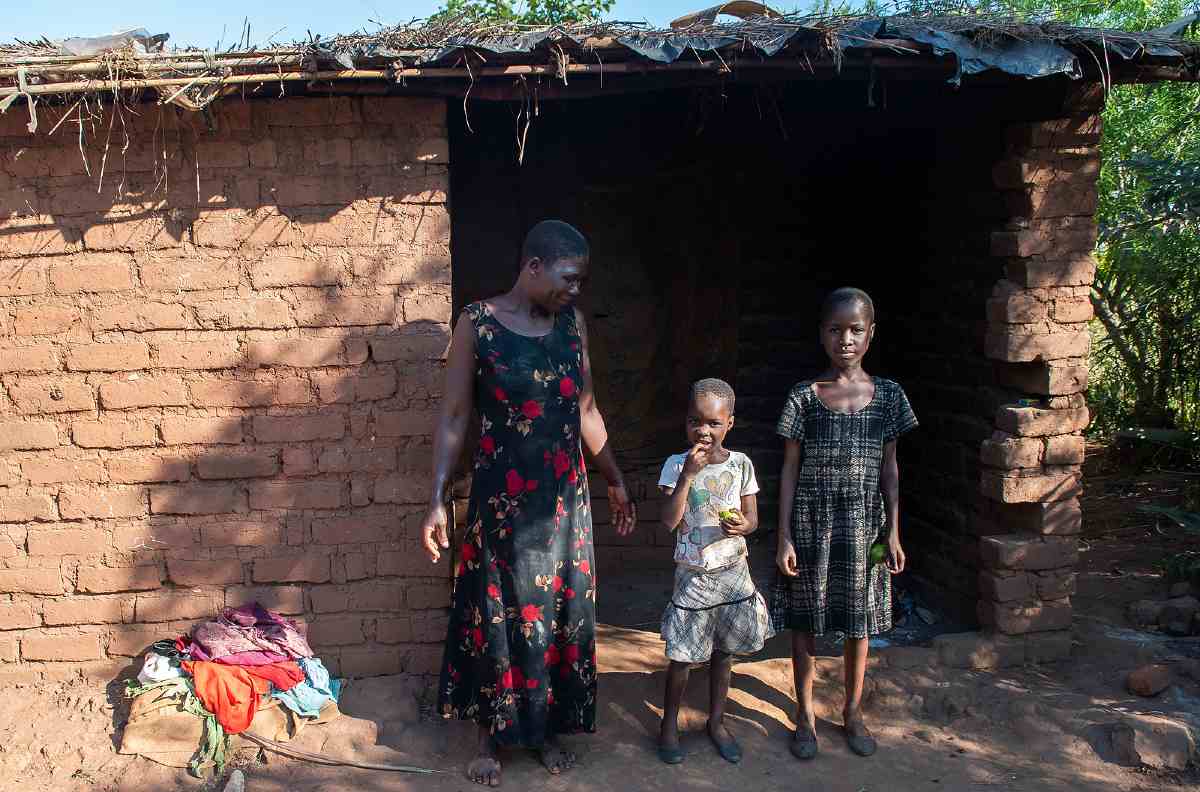
‘Fake news’ from Malawi about unsafe abortions
The London Telegraph published a confronting statistic about abortion this week: 12,000 women die every year in Malawi after a back-street abortion. “These women die like chicken and sadly, no one seems to care about them,” said a local gynaecologist. And the Royal College of Obstetricians and Gynaecologists has endorsed this by tweeting a link to the article. “We’ve said it before and we’ll say it again, restricting access to #safeabortion risks lives,” said the RCOG.
However, Dr Calum Miller, an ethicist and psychiatrist at Oxford University, has just published a peer-reviewed article in the International Journal of Environmental Research and Public Health which raises serious questions about the number of deaths from illegal abortions.
To put it in non-academic language, he believes that it is “fake news”.
He claims that “the latest evidence—itself from 15 to 20 years ago—suggests that 6–7% of maternal deaths in Malawi are attributable to induced and spontaneous abortion combined, totalling approximately 70–150 deaths per year.” So the number of deaths from backstreet abortions is very small indeed – a tiny fraction of the 12,000 mentioned in The Telegraph.
“Claims in the mainstream media of thousands of women dying from unsafe abortion in Malawi each year have no empirical foundation,” he writes.
Does liberalisation of abortion laws decrease the number of maternal deaths? Surprisingly, an article in the journal BMC Women’s Health observed that “There is little or no research about abortion laws and their impact on maternal mortality.” Dr Miller believes that “Once socioeconomic and infrastructural factors are taken into account, there appears to be little to no relationship between abortion legislation and abortion mortality.”
This is an important health issue. In the case of Malawi, foreign aid from the UK has been disproportionately given to family planning programs, rather than strengthening health systems.
